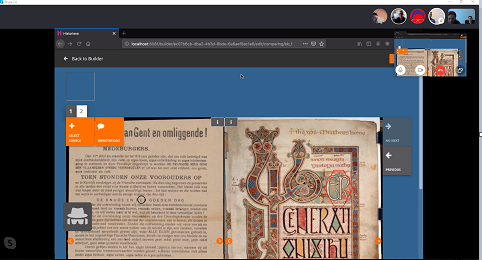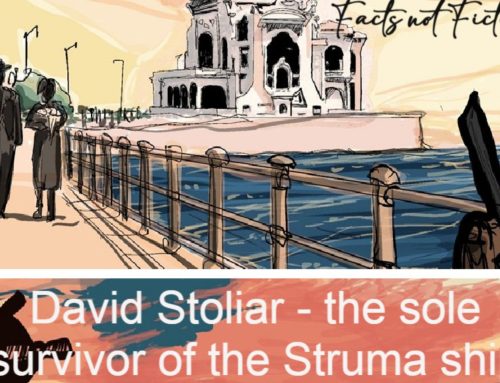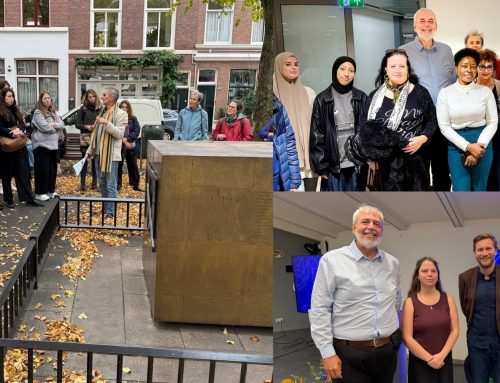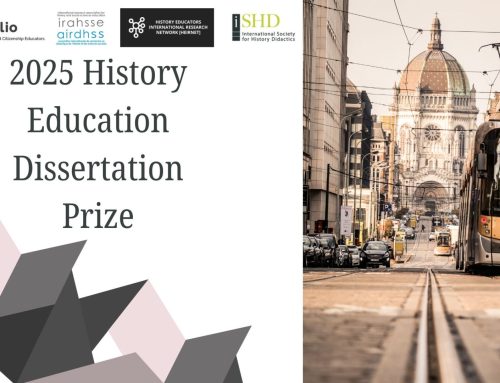In Digital innovation in History Education – a Field Research on Needs Assessment, EuroClio conducted a survey targeting history educators in order to conclude on the following questions:
- What kind of sources are history educators looking for? Why do they select the sources they select? Why are they not selecting the sources they do not select?
- What are the search words that history educators are using? Which of the advanced search options are history educators using?
The findings of this research are briefly mentioned below.
- Items with adequate, comprehensible descriptions are 58% more likely to be included in a lesson. Out of the sources that the teachers selected, 79% had a long, meaningful, and easy to understand accompanying text, whereas 21% had not.
- The search keywords that the history teachers use are more abstract than the words that are found in the descriptions.
- If an item has an adequate, comprehensible description, a history teacher can identify related historical concepts in short time.
- Interactive ways of presenting the search results, namely in a Map and in a Timeline, are highly recommended by the educational community.
- Europeana’s existing filters are highly useful for teachers.
- An additional filter to search by historical period would be beneficial for 88% of history teachers.
- 96% of history teachers find filtering by country useful. However, 84% of them explain that, they need to search the place that the source refers to, not the place of origin.
- Metadata regarding time, place, and people, have to reflect the content of the source, not the item itself as an object, in order to maximise their effectiveness in the study of History.
How is this research connected to Historiana and Europeana?
This research is part of the activity ‘Improving Discoverability’ of the project ‘Opening Up Historiana’, a Digital Single Infrastructure activity. It is implemented with the financial support of the CEF Telecom Programme of the Innovation and Networks Executive Agency (INEA) of the European Commission. The aim of the project is to promote the digital collections of Europeana from the scope of historical education. This research explores the preferences and the search behaviour of history teachers, which is a valuable element of the Needs Assessment. Its purpose is to make sure that the technological developments in Europeana and Historiana meet the current needs of the European educational community. This research can be of great interest for the Digital Humanities sector.
Fani Partsafyllidou
Studied History & Archaeology, with an MA in Black Sea & Eastern Mediterranean













